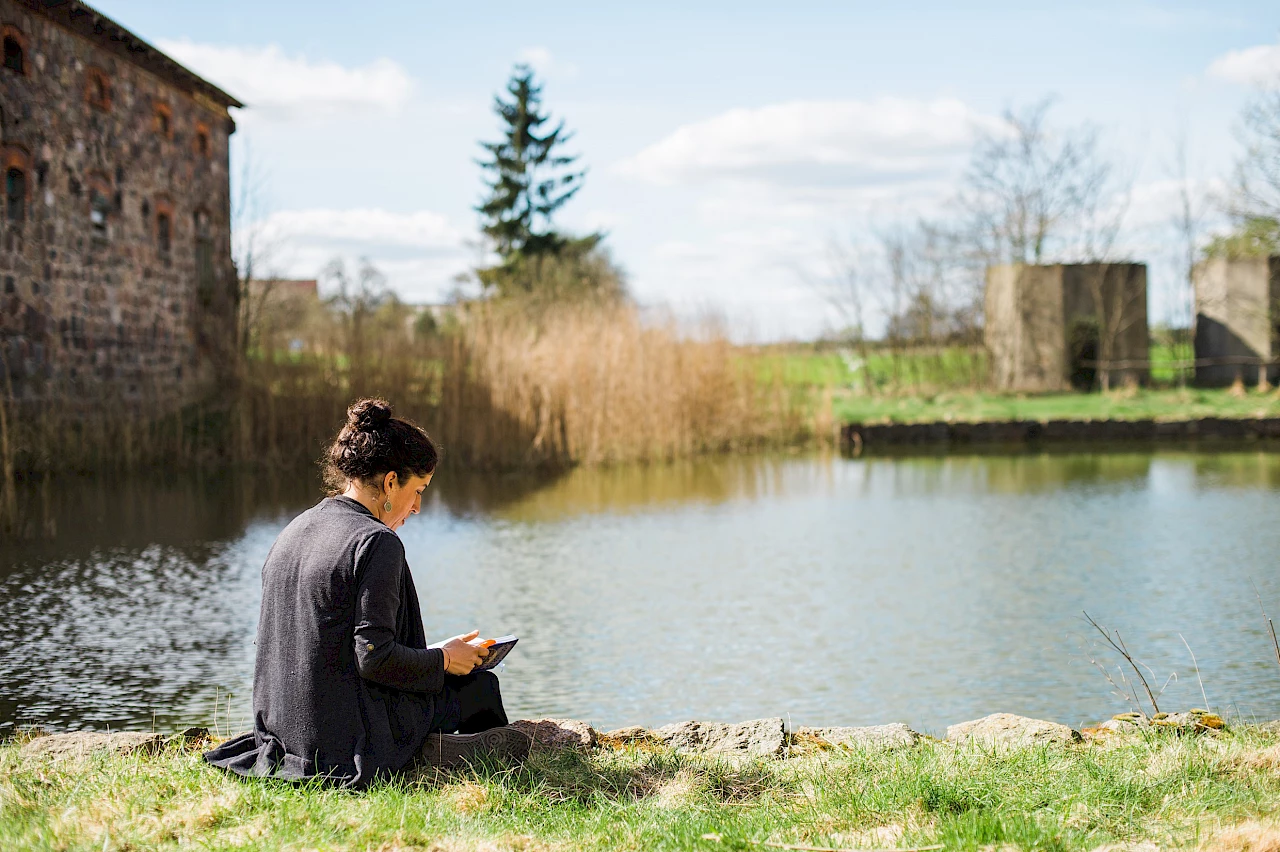Co-working spaces are decentralised locations that offer flexible working opportunities above and beyond office workstations and working from home. Partly because of the coronavirus pandemic, many work activities have been shifted to locations other than the ones routinely used in the past. In rural areas in particular, people have created new co-working spaces that offer employees an alternative to working from home.
Increased appeal in rural areas
Short commuting distances and the opportunity to use well-equipped workstations that are close to workers’ homes are particular features that make co-working spaces in rural areas increasingly appealing. A trend study conducted by the Bertelsmann Foundation in autumn 2020 showed that co-working offers in rural areas are steadily increasing and being used more and more often. The study was developed by the CoWorkLand cooperative with the support of the Zukunftsorte (Future Places) network and included a survey of more than 200 founders and users of rural co-working spaces. According to Deskmag, co-working spaces in rural areas accounted for 12 percent of all co-working spaces worldwide as early as 2019, and this trend is growing.
Please also read
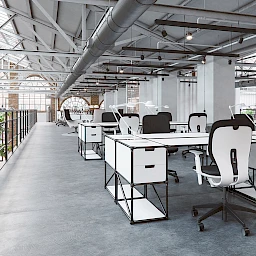
Characteristics of co-working offers in rural areas
In general, co-working spaces are organized in a wide variety of ways. In rural areas, co-working offers that are close to workers’ homes are increasing especially fast. But co-working spaces are also being set up along well-travelled commuter routes, in the midst of natural settings in the form of “workations” and in vacant buildings in rural communities and small towns. They are expanding the range of workstations on offer and serve as catalysts for regional development. Co-working spaces that are located in rural areas and are close to workers‘ homes are often characterised by mixed utilization. In many cases they are also used for other services or other functions, and networking is also often a focus. As a result, co-working spaces are becoming social hubs and places where people can meet and engage in communal activities.
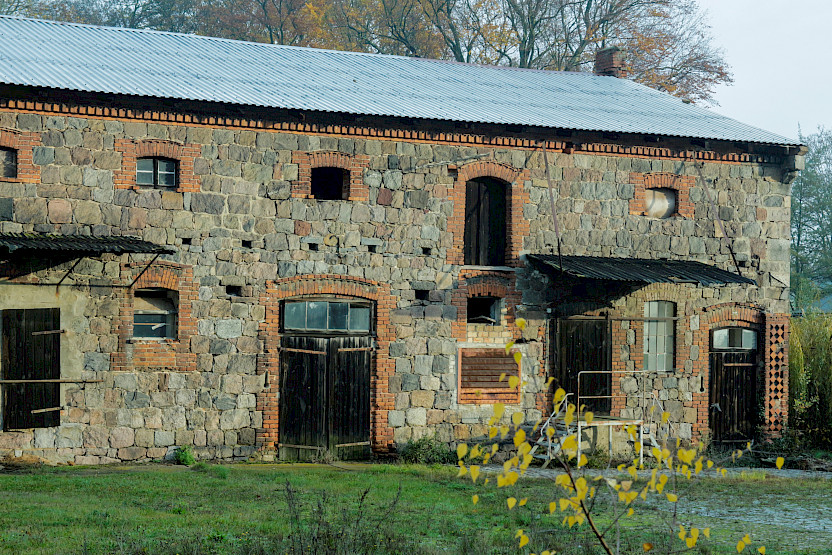
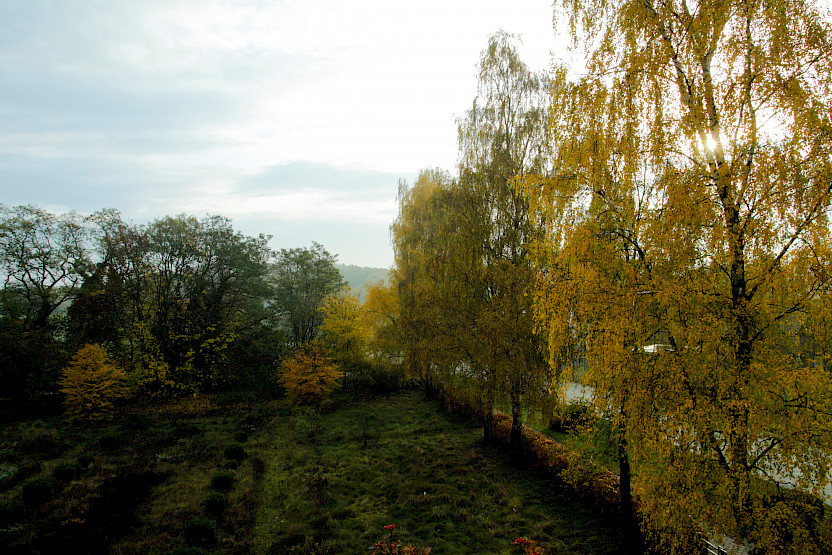
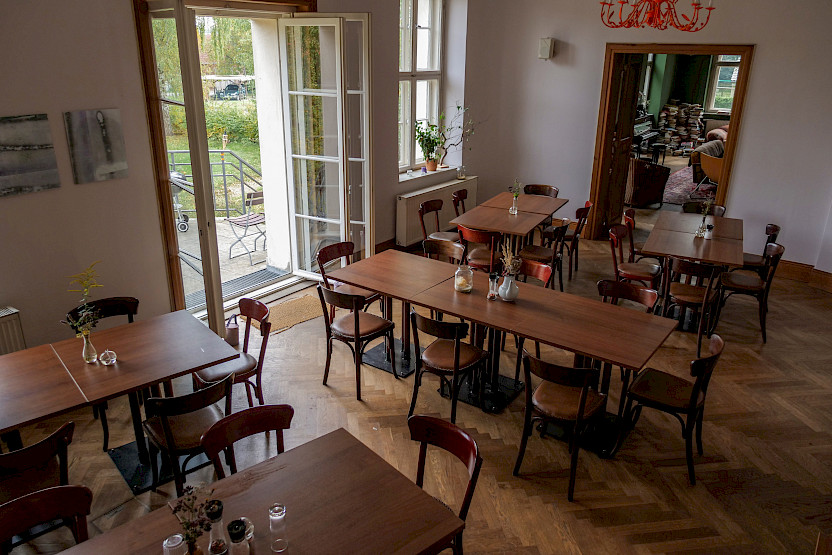
Three examples of co-working in rural areas
1. Coconat in Bad Belzig
The Coconat in Bad Belzig in the federal state of Brandenburg is a renovated former farm complex. Its name is derived from the phrase “Community and Concentrated Work in Nature”. It’s a “workation” retreat located about an hour’s drive from Berlin in a natural setting that can be easily reached from the airport, train stations and the city’s central bus terminal. The Coconat offers indoor and outdoor workstations as well as lots of room for downtimes in idyllic natural landscapes. Individual workers are not the only ones booking the co-working workstations. More and more companies, and sometimes even entire departments within a company, are also using this alternative work opportunity.
2. FachWerkerei Homberg Efze
Since May 2021, the FachWerkerei has offered flexible work opportunities for an open community in a building that directly faces the marketplace of the county seat Homberg Efze. With 14 workstations, three rooms for conferences or meetings and an event hall, the FachWerkerei is a co-working space that seems like a family home. The phrase “small but superior” applies here. The first tenants were 20 digital workers who moved in during the Summer of Pioneers project. They worked on a concept for developing the Homberg marketplace into a campus for a new approach to living and working in rural areas. The customers of the FachWerkerei include individuals and an increasing number of companies that would like to set up decentralised places of work for their employees in the region.
3. Coworkerei Tegernsee
The Coworkerei Tegernsee is one of the first co-working spaces to have been established in a rural area. It was founded back in 2015. It offers 24 workstations with modern equipment in a wooden house that was built in line with environmentally friendly principles. In addition to co-working workstations and flex spaces, there are also meeting rooms, workshop rooms and event spaces – all against the background scenery of the Bavarian Alps.
Sustainability aspects of co-working spaces
The term “co-working spaces” refers to the joint use of physical space and infrastructure. Co-working spaces in rural areas also reduce the pressure on city centres, and in the best of cases they decrease commuting. In many cases, workers can plan significantly shorter commuting times if they can simply drive to a co-working space near their home instead of traveling to their company’s location. This also makes it possible to reduce environmental pollution and CO2 emissions. A study conducted by the environmental organisation Greenpeace in 2020 concluded that the CO2 emissions due to traffic would be reduced by 5.4 million tons per year in the future if 40 percent of workers were to permanently work from home—or from alternative places of work that are near their home—for two days a week. This would correspond to 18 percent of all emissions caused by commuting. At the same time, the burden on the roads would be relieved, because thanks to this switch the total amount of driving would decrease by about 35 billion passenger kilometres. This important aspect is an argument in favour of flexible and diverse working structures.



